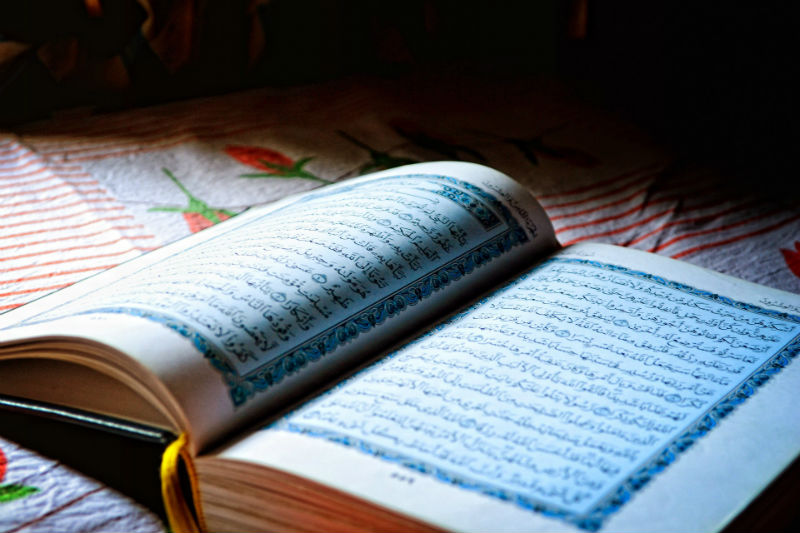Muslim Funerals (Janazah): Observing Islamic Customs
Muslim funerals, known as Janazah, are deeply rooted in Islamic tradition and provide a structured and reverent way to honour the deceased and offer solace to the grieving family. These customs, drawn from the teachings of the Quran and Hadith, emphasise simplicity, respect, and the importance of community support.

History of Muslim Funerals
Muslim funeral practices date back to the time of the Prophet Muhammad and are based on the principles outlined in the Quran and the Hadith (sayings and actions of the Prophet). The focus is on simplicity and humility, reflecting the belief that all people are equal in death and that the body should be treated with respect and dignity.
Muslim Funeral Traditions
Janazah: The Funeral Prayer
The Muslim funeral prayer, known as Salat al-Janazah, is a key component of Islamic funeral rites. The process typically involves several steps:
Preparation of the Body: The deceased is washed in a ritual called Ghusl. This purification is usually performed by close family members or members of the Muslim community of the same gender. The body is then shrouded in a simple white cloth (Kafan).
The Funeral Prayer (Salat al-Janazah): This prayer is performed in congregation, usually at a mosque or an open space, and is led by an Imam. The prayer is unique in that it consists of a series of standing positions and supplications rather than the usual bowing and prostrations.
Procession to the Burial Site: The body is carried to the cemetery in a solemn procession. It is important that this be done without undue delay, ideally within 24 hours of death.
Burial: The body is placed directly in the grave without a coffin, facing Mecca (Qibla). The burial includes:
Du’a (Supplication): Prayers are recited asking for forgiveness and mercy for the deceased.
Placing of the Body: The body is placed on its right side, facing Mecca.
Filling the Grave: Family members and friends participate in filling the grave with earth.
Mourning and Condolences
The mourning period in Islam is marked by specific practices to support the bereaved and honour the deceased:
Immediate Mourning Period: This lasts for three days, during which the community visits the bereaved family to offer condolences and support.
Iddah for Widows: A widow observes a mourning period of four months and ten days, known as Iddah, during which she remains in her home and refrains from remarrying or adorning herself.
Condolences: Visitors offer their sympathy with phrases such as “Inna lillahi wa inna ilayhi raji’un” (We belong to Allah and to Him we shall return) and “May Allah grant him/her Jannah” (paradise).
Planning a Muslim Funeral
Planning a Muslim funeral involves several important steps:
Notifying the Community: Inform the local mosque and community members to assist with the funeral arrangements.
Preparation of the Body: Arrange for the Ghusl (ritual washing) and Kafan (shrouding). This is typically coordinated by the mosque or a Muslim funeral home.
Organising the Janazah Prayer: Schedule the Salat al-Janazah at the mosque or a suitable location, and ensure the community is informed.
Arranging Burial: Ensure the burial plot is prepared according to Islamic customs, facing Mecca.
What to Expect at a Muslim Funeral
Attending a Muslim funeral involves participating in specific rituals and showing respect for the customs. Expect the following:
Respectful Attire: Dress modestly, with men often wearing long sleeves and trousers, and women covering their heads and wearing loose clothing.
Participation in Prayers: Be prepared to join the Salat al-Janazah, even if you are not Muslim. Observing quietly and respectfully is appropriate.
Condolences: Offer simple and sincere condolences to the family. It is customary to use phrases such as “May Allah grant you patience” or “May Allah have mercy on the deceased.”
Visiting the Bereaved: Visit the bereaved family during the mourning period to offer support and bring food, as they do not engage in cooking during this time.
Understanding Muslim funeral traditions and the customs surrounding Janazah helps in supporting the grieving family and honouring the deceased with respect and dignity. These practices, deeply embedded in Islamic faith, provide a structured and compassionate approach to mourning and remembrance.
Contact Us for quality Funeral live streaming
email@livefilming.co.uk
Call
07512137261